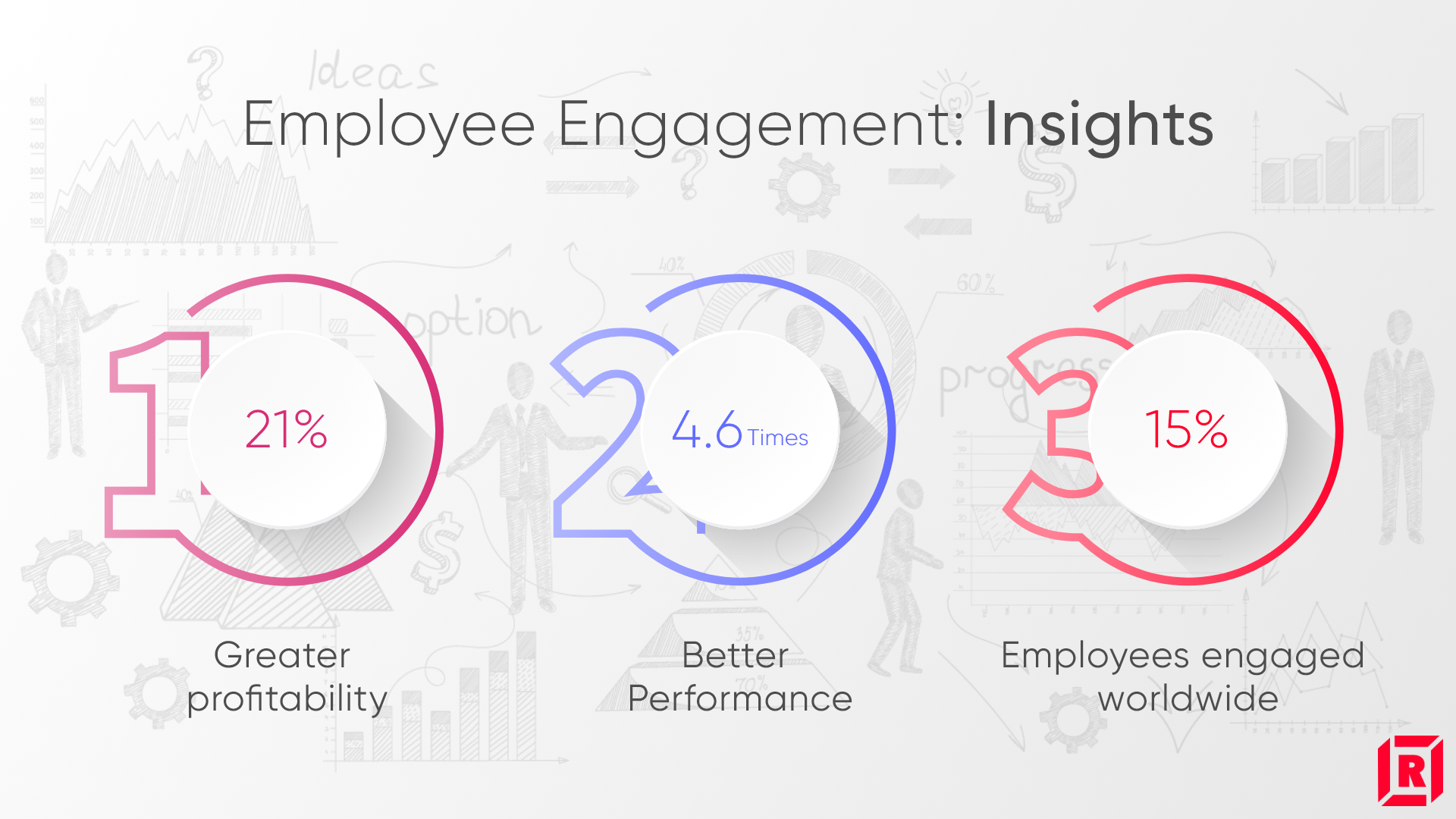
Empowering Teams: Insights for Employee Engagement
Introduction: The Significance of Employee Engagement
Employee engagement is not just a buzzword; it’s a crucial factor in the success and growth of any organization. Engaged employees are more productive, committed, and contribute positively to the workplace culture. In this article, we explore valuable insights for fostering employee engagement, creating a workplace where individuals feel motivated, valued, and aligned with organizational goals.
Employee Engagement Insights: Navigating the Landscape
As we delve into the landscape of employee engagement, it’s essential to access insights and guidance. The Employee Engagement Insights platform serves as a valuable resource, offering information on trends, strategies, and best practices for organizations aiming to enhance employee engagement.
Clear Communication and Transparency
Transparent communication is the foundation of employee engagement. Leaders must communicate openly about organizational goals, changes, and challenges. Transparent communication fosters trust, making employees feel informed and valued. Regular updates, town hall meetings, and feedback sessions contribute to a culture of openness.
Recognition and Appreciation
Recognition is a powerful driver of employee engagement. Acknowledge and appreciate employees for their contributions, achievements, and hard work. This recognition can take various forms, from public acknowledgment in team meetings to employee of the month awards. Regularly expressing gratitude creates a positive and motivating work environment.
Opportunities for Professional Development
Investing in employees’ professional development not only enhances their skills but also demonstrates a commitment to their growth. Provide training programs, mentorship opportunities, and resources for continuous learning. A focus on professional development empowers employees and contributes to their long-term engagement with the organization.
Strategies for Effective Employee Engagement
As organizations seek effective employee engagement strategies, platforms like Employee Engagement Insights offer practical advice and expert perspectives to guide their journey.
Creating a Positive Work Environment
The work environment significantly influences employee engagement. Foster a positive workplace culture that prioritizes inclusivity, collaboration, and well-being. Provide comfortable and inspiring workspaces, encourage work-life balance, and promote a sense of belonging. A positive work environment contributes to employee satisfaction and engagement.
Feedback and Employee Involvement
Establishing a feedback loop is crucial for employee engagement. Encourage open feedback from employees about their experiences, concerns, and suggestions. Act on this feedback to show that employee input is valued. Involving employees in decision-making processes related to their roles and the organization creates a sense of ownership and engagement.
Flexibility and Work-Life Balance
The modern workforce values flexibility and work-life balance. Offer flexible work arrangements, remote work options, and policies that support a healthy work-life balance. Recognizing and respecting the diverse needs of employees contributes to their overall satisfaction and engagement.
Leadership Development and Role Clarity
Effective leadership is integral to employee engagement. Invest in leadership development programs to cultivate strong and supportive leaders. Clearly define roles and responsibilities to avoid confusion and empower employees to contribute effectively. Leadership that provides direction, support, and growth opportunities fosters a positive and engaged workforce.
Conclusion: Cultivating a Culture of Engagement
In conclusion, employee engagement is not a one-size-fits-all approach but a continuous effort to understand, involve, and empower employees. Platforms like Employee Engagement Insights offer a wealth of information to guide organizations in creating a culture of engagement. By implementing clear communication, recognition, professional development, and positive workplace practices, organizations can cultivate an environment where employees are not just contributors but active and engaged partners in the company’s success.





